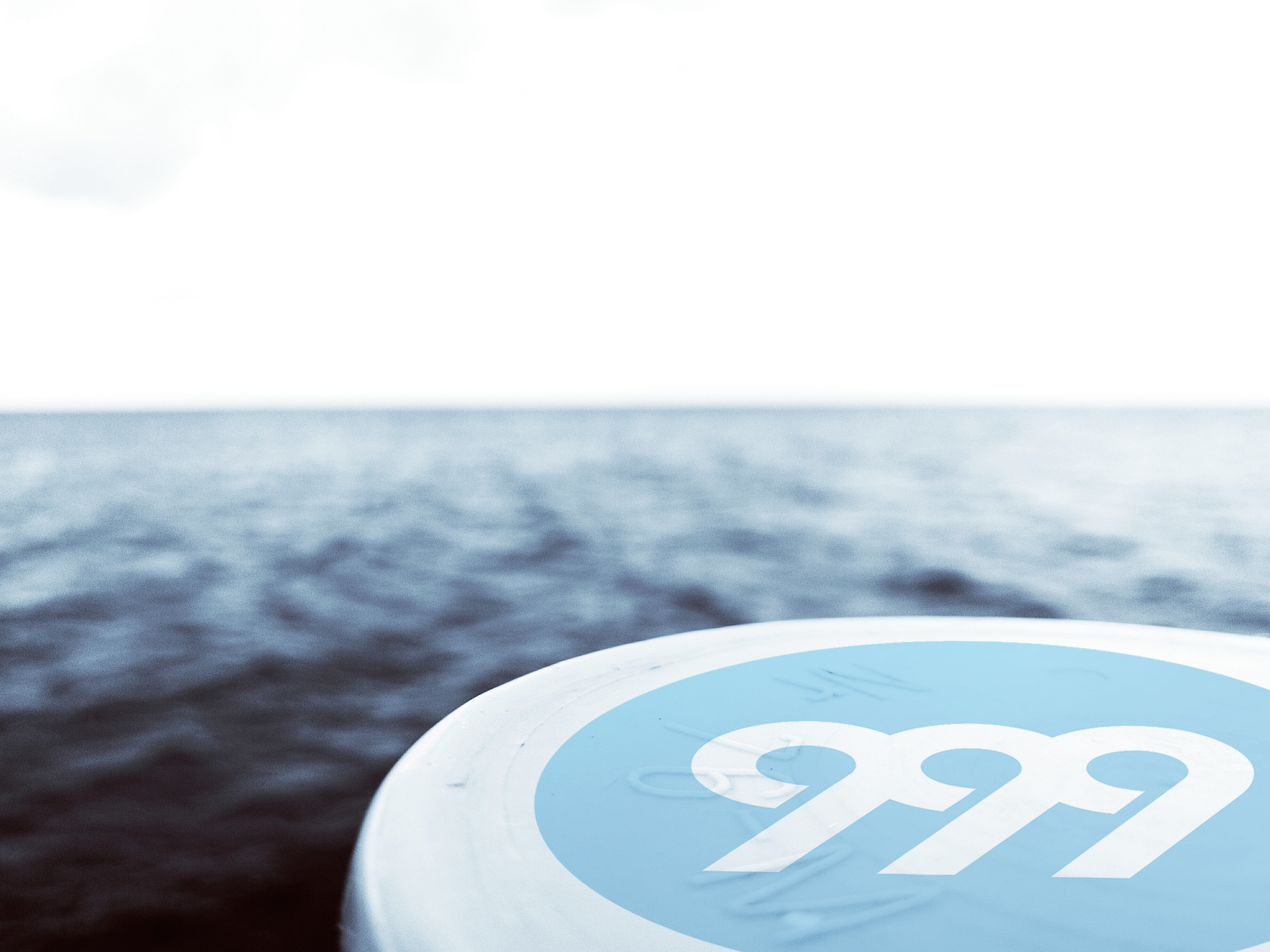
Mussels may turn out to be an important contribution to the pantry of the world
Triplenine
TripleNine is working to make mussels a new feed ingredient and to exploit their ability to collect nitrogen from the ocean.
Some hate their texture; others eat them as delicacies accompanied by white wine, garlic and parsley. But mussels can do much more than look good on a dinner table. In fact, mussel meal can be a useful nutrient in feed to poultry, pigs or fish. At the same time, mussels reduce marine pollution by absorbing nitrogen and phosphorus from the water. This combination is both good for the environment and good for the economy according to TripleNine, one of the world’s leading suppliers of marine ingredients.
“Everyone knows that the population of the world requires increasing amounts of food. The sea plays a crucial role here. As a producer of marine ingredients, it was natural for us to ask ourselves if there are resources in the ocean we should use better. The simple answer is yes. Mussels are an interesting feed ingredient. They are also formidable at absorbing nitrogen from the ocean,” says Chief Commercial Officer at TripleNine Kenneth Storbank.
Although a mussel industry exists today, it has not fully exploited mussels as a resource, says Kenneth Storbank:
“The traditional mussel industry focusses on the consumer market, which means that only the large mussels are used. The rest are simply thrown away as waste. Of course, it is not optimal, because the smaller mussels that do not fit the dinner table can be used as ingredients in animal feed.”

According to Kenneth Storbank, more and more people have also become aware of the mussels’ ability to reduce the amount of unintended nutrients in the marine environment in addition to serving as feed ingredients:
“It is no secret that fish farming has an impact on the environment, although it is significantly less than the breeding of animal protein sources on land. Therefore, we have collaborated with a number of skilled partners from public, private and research-based organisations with the aim of developing a comprehensive solution in which mussels are grown to compensate for the environmental impact of aquaculture (fish farms) and agriculture. The more nitrogen and phosphorus we can absorb from the ocean with mussels, the more food we will be able to produce at the same time to feed the world’s population without adversely affecting the marine environment.”
Working with the Sustainable Development Goals has made a positive impact in TripleNine, says Kenneth Storbank:
“Our ambition is to increase our focus on sustainability. We believe that if you want to be an attractive business partner in the long run, you need to find a balanced approach where you contribute positively to your surroundings. We contribute to the food chain by producing ingredients for animal feed, which later become meat products for humans.”
Through the SDG Accelerator, TripleNine has worked intensely with the Sustainable Development Goals:
“Integrating the SDGs directly into the business gives you a completely new perspective on your work. Suddenly, sustainable development is not something you care about out of obligation, but something you do to develop your business. It is extremely meaningful to be part of a company that helps solve some of the major problems in the world.”
To implement the solution TripleNine is facing a maturation process that targets both technical and infrastructure development, Kenneth Storbank explains:
“Firstly, we have to adjust the existing equipment before we are able to produce mussel meal in a commercially viable way. Our technical colleagues are working on fine-tuning this. Secondly, we need to find the right infrastructure in cooperation with our partners. In the long term, it is possible to imagine an entire ‘mussel purification plant’, which would have a massive positive impact on the marine environment. That is our vision, and we are determined to make it happen. Once we have found the right formula, it is undoubtedly a solution we can spread globally.”

 Locations
Locations